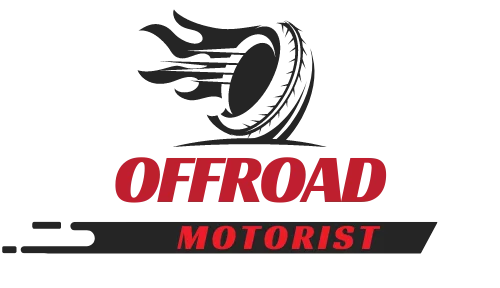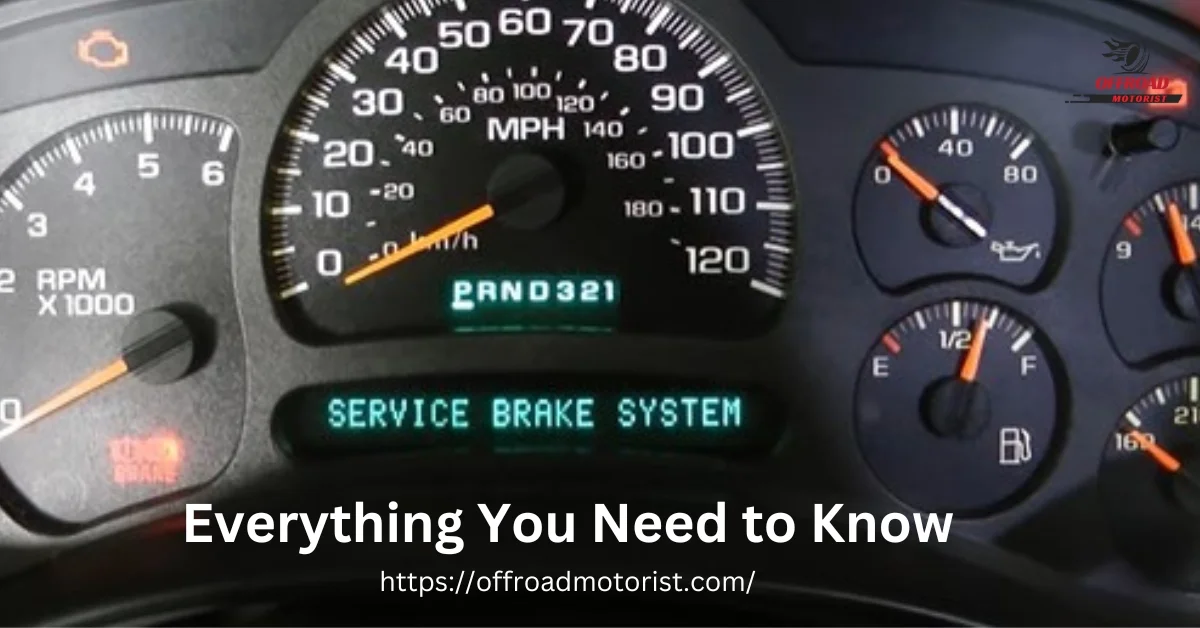Chevrolet Engine Power is Reduced [Causes, Solutions, and Prevention]
If you own a Chevy, you likely already know that the brand’s engines are renowned for their strength, efficiency, and dependability. However, if you depend on your car for transportation, towing, or recreational activities, it can be frustrating to find yourself in a situation where your engine’s power is reduced.
Thankfully, there are several reasons why these issues arise as well as treatments and preventative measures you can implement to keep your Chevy engine operating at its best.
In this article, we’ll look at the typical causes of why “engine power is reduced” in Chevrolet vehicles, along with solutions. We’ll provide you with important information about keeping your Chevrolet running well and giving it more power.
Chevrolet Vehicles’ Engine Power Reduction Causes
The engine power of your Chevy could be diminished for several reasons. Some of the most frequent causes are as follows:
01. Dirty Air Filter:
A dirty air filter can restrict airflow to the engine, causing it to work harder than necessary and reduce power output. To prevent this issue, replace your air filter at the recommended intervals or more frequently if you frequently drive in dusty or dirty environments.
02. Clogged fuel injectors:
Fuel injectors deliver fuel to the engine in the correct amount and at the right time. If they become clogged, the engine may not receive enough fuel to produce the desired power output. Regular fuel system cleaning and using high-quality fuel can help prevent this problem.
03. Faulty Oxygen Sensors:
Oxygen sensors detect the oxygen level in the exhaust and adjust the fuel-to-air ratio accordingly. If an oxygen sensor is faulty, it can send inaccurate information to the engine’s control module, resulting in reduced power output. Replacing faulty sensors can solve the issue.
04. Failing Ignition System:
The ignition system produces a spark that ignites the fuel in the engine. If any component of the ignition system fails, such as the spark plugs or ignition coils, the engine may not run efficiently, leading to reduced power output.
05. Other Causes:
Other causes of reduced engine power in Chevy vehicles may include a failing catalytic converter, a clogged exhaust system, or a malfunctioning throttle body. It’s essential to have a qualified mechanic diagnose and repair any issues with your vehicle’s engine to ensure optimal performance.
Solutions to Fix Reduced Engine Power in Chevrolet Vehicles
If you’ve noticed a reduction in your Chevy’s power output, there are several solutions you can try to fix the issue, including:
01. Replace the air filter:
Replacing the air filter at the recommended intervals or more frequently if you frequently drive in dusty or dirty environments can prevent a dirty air filter from restricting airflow to the engine.
02. Ensure that the fuel system is clean:
Regular fuel system cleaning and using high-quality fuel can help prevent clogged fuel injectors from causing the engine to receive insufficient fuel, leading to reduced power output.
03. Replace Faulty Oxygen Sensors:
Replacing faulty oxygen sensors is the best solution to prevent the engine from receiving inaccurate information, leading to reduced power output.
04. Check and replace failing ignition system components:
Regular maintenance and replacing faulty components can prevent the ignition system from failing, which can cause reduced power output.
05. Repair or replace other components:
Having a qualified mechanic diagnose and repair issues with other components, such as a failing catalytic converter, a clogged exhaust system, or a malfunctioning throttle body, can ensure optimal performance.
Prevention of Reduced Engine Power in Chevrolet Vehicles
Preventing reduced engine power is essential to keep your Chevy running smoothly. Here are some preventive measures you can take:
01. Regular Maintenance:
Keeping up with your vehicle’s regular maintenance schedule, including oil changes, air filter replacements, and spark plug changes, can help ensure that your engine is running smoothly and prevent any potential issues from arising.
02. Check for faulty sensors:
Having your Chevrolet’s sensors checked regularly to ensure they are working properly can prevent reduced engine power caused by a faulty sensor, such as the throttle position sensor, oxygen sensor, or mass airflow sensor.
03. Use the Proper Fuel
Using the right fuel for your vehicle is critical to prevent reduced engine power. Chevrolet recommends using fuel with an octane rating of 87 or higher for most of their vehicles.
04. Drive Conservatively:
Driving aggressively puts additional strain on your vehicle’s engine and can potentially lead to issues like reduced engine power. Avoid driving aggressively, and try to drive more conservatively to help prevent this issue.
05. Check for Recalls:
Checking for any open recalls on your Chevrolet vehicle is critical, as these can sometimes cause issues that lead to reduced engine power.
06. Address Warning Lights:
If you see a warning light on your dashboard, don’t ignore it. Have your vehicle checked out by a mechanic to identify and fix any issues before they become more serious.
FAQs on reduced engine power
In this section, We’ll provide answers to some of the most commonly asked questions about reduced engine power in Chevrolet vehicles. By reading through these questions and answers, you can gain a better understanding of the issue and how to address it.
How do I know if my Chevrolet has reduced engine power?
If your Chevrolet is experiencing reduced engine power, you may notice a significant decrease in performance, such as a loss of power or acceleration. You may also see a message on your dashboard warning you of reduced engine power.
How can I fix the reduced engine power in my Chevrolet?
The best way to fix reduced engine power in your Chevrolet is to have it diagnosed and repaired by a qualified mechanic. They can identify the underlying cause of the issue and recommend the appropriate repairs.
Can reduced engine power damage my Chevrolet engine?
Yes, reduced engine power can put additional strain on your vehicle’s engine, potentially causing damage over time. It’s important to have the issue diagnosed and repaired as soon as possible to prevent further damage.
How often should I have my Chevrolet’s sensors checked to prevent reduced engine power?
It’s a good idea to have your Chevrolet’s sensors checked as part of your regular maintenance schedule, which typically occurs every 6,000 to 10,000 miles. However, if you notice any issues with your vehicle’s performance, you should have it checked by a mechanic right away.
How much does it cost to fix reduced engine power in a Chevrolet?
The cost to fix reduced engine power in a Chevrolet can vary widely depending on the underlying cause of the issue. Some repairs may be relatively minor and inexpensive, while others may require more extensive work and be more costly.
Can I drive my Chevrolet with reduced engine power?
It’s generally not recommended to drive your Chevrolet with reduced engine power, as this can put additional strain on the engine and potentially cause further damage.
How do I reset the “engine power is reduced ” light in my Chevrolet?
The best way to reset the reduced engine power light in your Chevrolet is to have the underlying issue diagnosed and repaired by a qualified mechanic. Once the issue has been fixed, the warning light should go off on its own.
Final Words
Reduced engine power is a common problem that Chevrolet owners may encounter, but it’s also a problem that can be prevented and fixed. By following the tips we’ve discussed in this article, you can help prevent reduced engine power in your Chevrolet vehicle and ensure that your engine is running smoothly for years to come.
Remember to stay up to date with regular maintenance, check for faulty sensors, use the right fuel, drive conservatively, and address any warning lights on your dashboard promptly.






